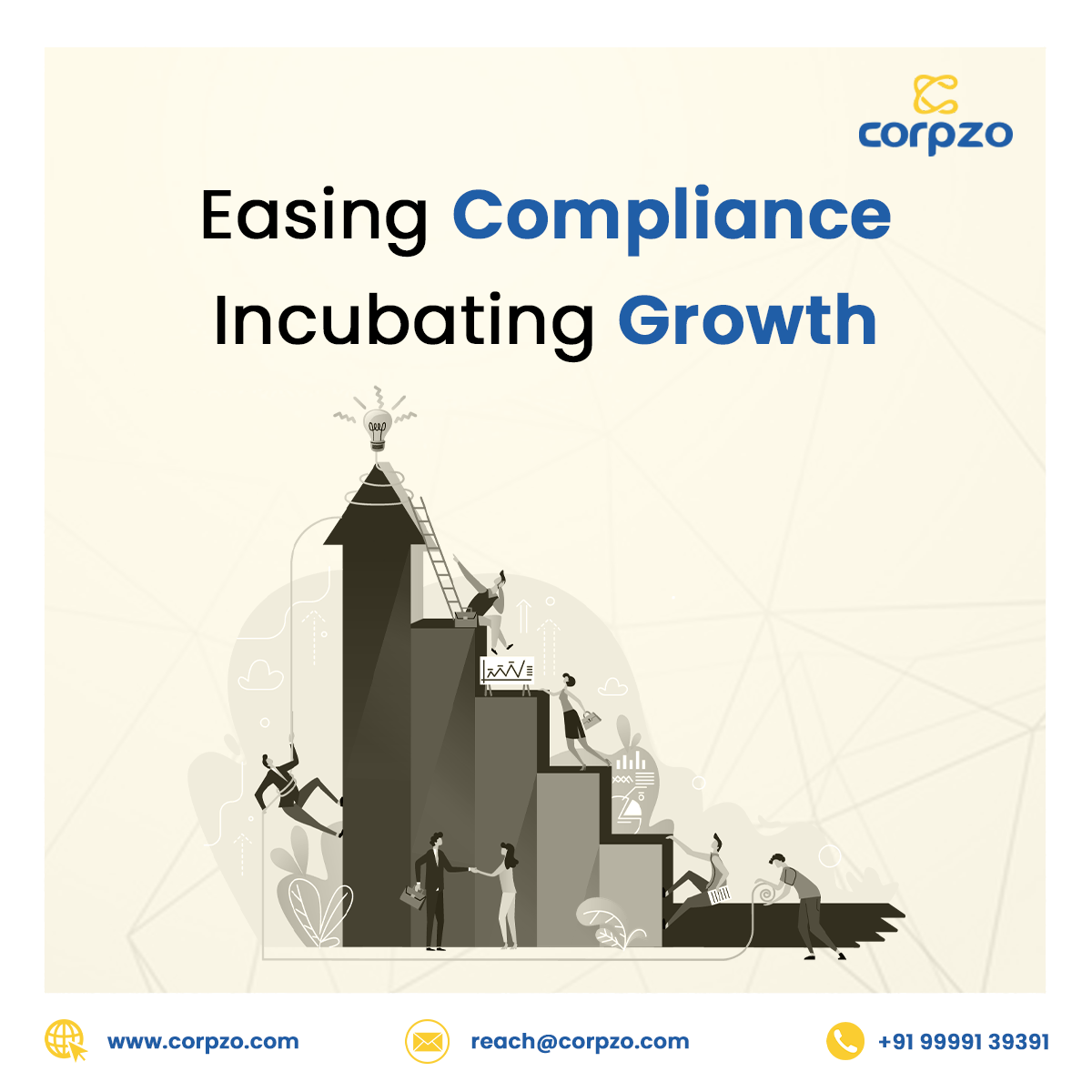
Introduction
Plastic pollution has become a global environmental challenge, affecting terrestrial and aquatic ecosystems. To address this issue, the Government of India has taken decisive steps to mitigate the impact of single-use plastics. The Central Pollution Control Board (CPCB), in collaboration with the Ministry of Environment, Forest and Climate Change (MoEFCC), has been at the forefront of implementing the ban on single-use plastics. In this article, we will explore the role of CPCB in enforcing the ban, the grievance redressal system, and the measures taken to facilitate the transition to sustainable alternatives.
Background on Single-Use Plastic Ban
The Plastic Waste Management (Amendment) Rule-2021, implemented from September 2021, banned single-use plastics below a thickness of 75 microns. However, to further combat plastic pollution, the government has expanded the ban on single-use plastics. From July 1, 2022, the manufacture, import, stocking, distribution, sale, and use of identified single-use plastic items with low utility and high littering potential will be prohibited across India.
The Role of CPCB in Enforcing the Ban
Setting up Control Rooms
To ensure effective enforcement of the ban, both national and state-level control rooms will be established. These control rooms will serve as coordination centers and monitor the implementation of the ban on single-use plastics. Special enforcement teams will be formed to crack down on illegal activities related to the manufacture, import, stocking, distribution, sale, and use of banned single-use plastic items.
Border Checkpoints
To prevent the inter-state movement of banned single-use plastic items, states and union territories have been directed to set up border checkpoints. These checkpoints will help intercept and confiscate any prohibited items, contributing to the overall success of the ban.
Grievance Redressal App by CPCB
To empower citizens and facilitate their participation in curbing the plastic menace, CPCB has launched a Grievance Redressal App. This user-friendly app allows individuals to report instances of manufacturing, stocking, or distribution of single-use plastics. Citizens can also use the app to lodge complaints regarding banned items or those scheduled to be banned. The app serves as a platform for citizens to actively contribute to the enforcement of the ban.
To raise awareness and promote public participation in the single-use plastic ban, CPCB has introduced PRAKRITI, a mascot symbolizing the importance of environmental sustainability. The introduction of this mascot aims to engage and educate the public on the adverse effects of plastic pollution and the need to adopt sustainable alternatives.
Capacity Building Workshops for MSMEs
The successful implementation of the single-use plastic ban requires the involvement of various stakeholders, including Micro, Small, and Medium Enterprises (MSMEs). To support these enterprises in transitioning away from banned single-use plastics, CPCB, in collaboration with the Ministry of Small Micro and Medium Enterprises and the Central Institute of Petrochemicals Engineering (CIPET), is organizing capacity building workshops. These workshops provide technical assistance to MSME units for manufacturing sustainable alternatives to banned single-use plastic items. The workshops also facilitate knowledge sharing and collaboration among stakeholders, ensuring a smooth transition towards sustainable practices.
Plastic Waste Extended Producer Responsibility (EPR) System
To hold manufacturers accountable for the environmental impact of their products, the government has introduced the concept of Extended Producer Responsibility (EPR) for plastic waste management. Under the EPR framework, producers, importers, and brand owners are responsible for collecting and managing the plastic waste generated from their products throughout its lifecycle. CPCB has played a crucial role in the implementation of the EPR system.
EPR Portal and Online Compliance Reporting
To streamline the EPR process and enhance transparency, CPCB has launched an EPR portal. This online platform allows producers, importers, and brand owners to report compliance with the new rules regarding single-use plastics. The portal simplifies the reporting process and provides a centralized system for monitoring and tracking compliance across the country.
Conclusion
CPCB, in collaboration with the MoEFCC, has been instrumental in implementing the ban on single-use plastics in India. Through the establishment of control rooms, the launch of the Grievance Redressal App, and the organization of capacity building workshops, CPCB has demonstrated its commitment to mitigating plastic pollution. The introduction of the EPR system, along with the online compliance reporting portal, further strengthens the enforcement mechanism. As we move towards a sustainable future, CPCB's efforts pave the way for a cleaner and greener India. Let us all join hands and contribute to the collective goal of eliminating single-use plastics.
SPCB NOC: Read More
EPR (Plastic Waste): Read More
EPR (E-Waste): Read More
PRO: Read More
Hazardous Waste Authorisation: Read More
Bio-Medical Waste Authorisation: Read More
Battery Waste Authorisation: Read More
E-Waste Authorisation: Read More
Environmental Impact Assesstment: Read More
Solid Waste Management: Read More